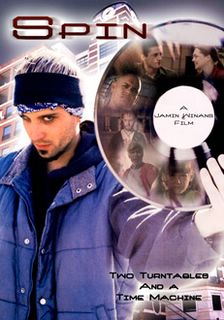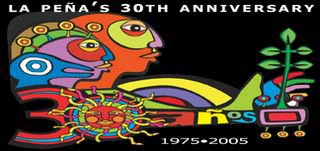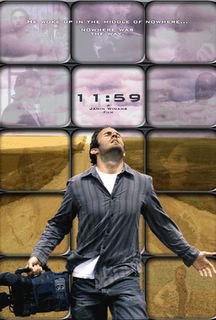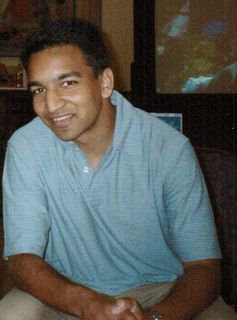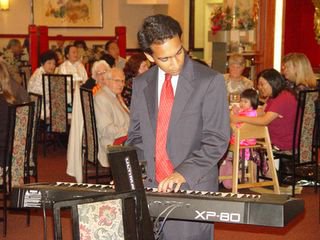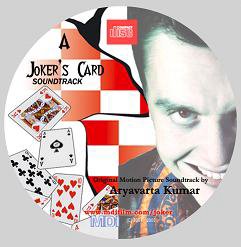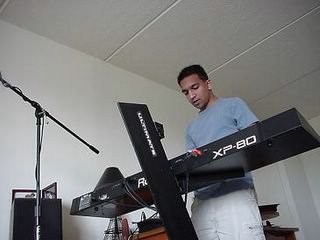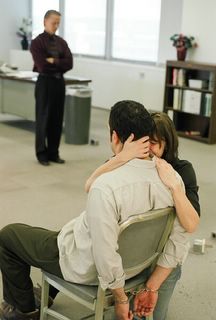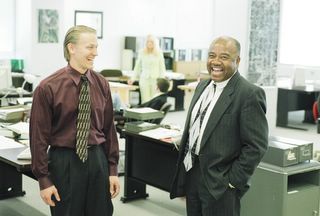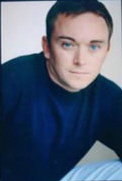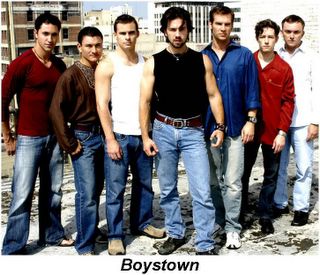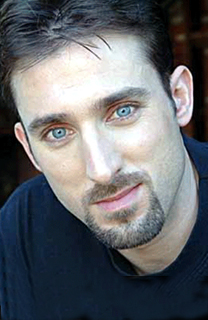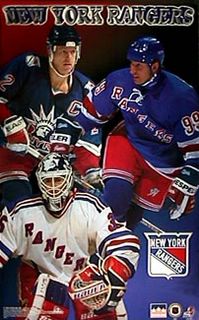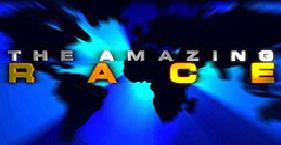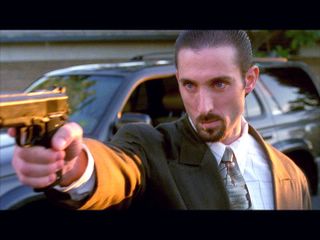We've received the following Press Releaseon this month's Liberty Film Festival.L.A.'s conservative Liberty Film Festival opens with "Broken Promises: TheUnited Nations at 60" and "Brainwashing 201: The Second Semester."
Hollywood, CA - October 13, 2005The Liberty Film Festival, Hollywood's only conservative film festival,
returns for its second year with opening night premieres of "Broken
Promises: The United Nations at 60," narrated by actor Ron Silver, and
"Brainwashing 201: The Second Semester," directed by Evan Maloney. The
festival will be held October 21-23, 2005, at the Pacific Design Center in
West Hollywood.
From Citizens United (the producers of "Celsius 41.11") and Peace River
Company, "Broken Promises" is an explosive documentary about the enormous potential of the UN at its founding - and its failure to live up to that potential in humanitarian disasters in Rwanda, Bosnia, and the Middle East. The film features narration by Ron Silver, and interviews with Donald Trump, Natan Sharansky, Claudia Rosett, Congressman Dan Burton, General Romeo Dallaire, and UN officials, peacekeepers, and aid workers. The Liberty Film Festival is proud to host the LA premiere of "Broken Promises." The film's writer/director Kevin Knoblock and executive producers David Bossie and Ron Silver are planning to attend in person.
The Liberty Film Festival is also proud to host the World Premiere of
"Brainwashing 201: The Second Semester" by rising documentarian Evan
Maloney. "Brainwashing 201" is a hilarious yet sobering look at political
correctness run amok on college campuses, and is a special preview of
Maloney's feature film due out in 2006. "Brainwashing 201" is directed by
Evan Maloney, and produced by Stuart Browning and Blaine Greenburg. Also
featured on opening night will be "Dead Meat," a satirical look at Canadian
socialized medicine - and a response to Michael Moore's forthcoming "Sicko." The film is directed and produced by Stuart Browning and Blaine Greenburg.
Other feature films to be screened in the festival are "Obsession: Radical
Islam's War Against the West" (World Premiere), the stunning sequel to
"Relentless," directed by Wayne Kopping and produced by Raphael Shore and Peter Mier; "Cochise County, USA: Cries From the Border" (World Premiere), a timely film about illegal immigration produced and directed by Mercedes Maharis; "Emancipation, Revelation, Revolution" (World Premiere), a striking film about the Republican Party's role in ending slavery and supporting the Civil Rights movement, directed by Nina May and produced by Nina May and Tricia Erickson; and "Entering Zion," an avant garde journey through modern Israel directed and produced by Kfir Alfia and Alan Lipton of the Protest Warriors.
The Liberty Film Festival will also present a special "Voices of Iraqi
Freedom" program featuring shorts from the First Short Film Festival in free
Iraq. These shorts by young Kurdish and Iraqi filmmakers are being screened for the first time outside of Iraq. They will be shown with the award-winning drama "Jiyan" by Kurdish/Iraqi director Jano Rosebiani.
The Liberty Film Festival also features an outstanding lineup of industry
speakers this year. Speakers include Steve McEveety, Producer of Mel
Gibson's "The Passion," film critic Michael Medved ("Right Turns"), author
David Horowitz ("Unholy Alliance"), Frank Price (former Chairman of Columbia Pictures and President of Universal Pictures), Joel Surnow (Executive Producer of Fox's "24"), film critic Richard Schickel ("Elia Kazan: A Biography"), actor Robert Davi ("Profiler"), actress Morgan Brittany ("Dallas"), author Jim Hirsen ("Hollywood Nation"), producer Warren Bell ("According to Jim"), producer Scott Gardenhour ("Pearl Harbor"), producer Doug Urbanski ("The Contender"), writer/producer Cyrus Nowrasteh ("Into The West"), writer/blogger Roger L. Simon ("Scenes From A Mall"), screenwriter Andrew Klavan ("Don't Say A Word"), screenwriter Craig Titley ("Cheaper By The Dozen"), screenwriter Paul Guay ("Liar, Liar"), screenwriter Burt Prelutsky ("Dr. Quinn, Medicine Woman"), and screenwriter Robert Avrech ("Body Double").
On Saturday, October 22, the festival will also host a "Tribute to John
Wayne," featuring a screening of his 1956 classic "The Searchers." On
Sunday, October 23, the festival will conclude with a "100th Birthday
Tribute to Ayn Rand" featuring a screening of the 1942 Italian classic "We
The Living."
Tickets are available online only at:
http://www.libertyfilmfestival.comPlease note: parking at the Pacific Design Center is $6 per entry, payable
upon advance.
